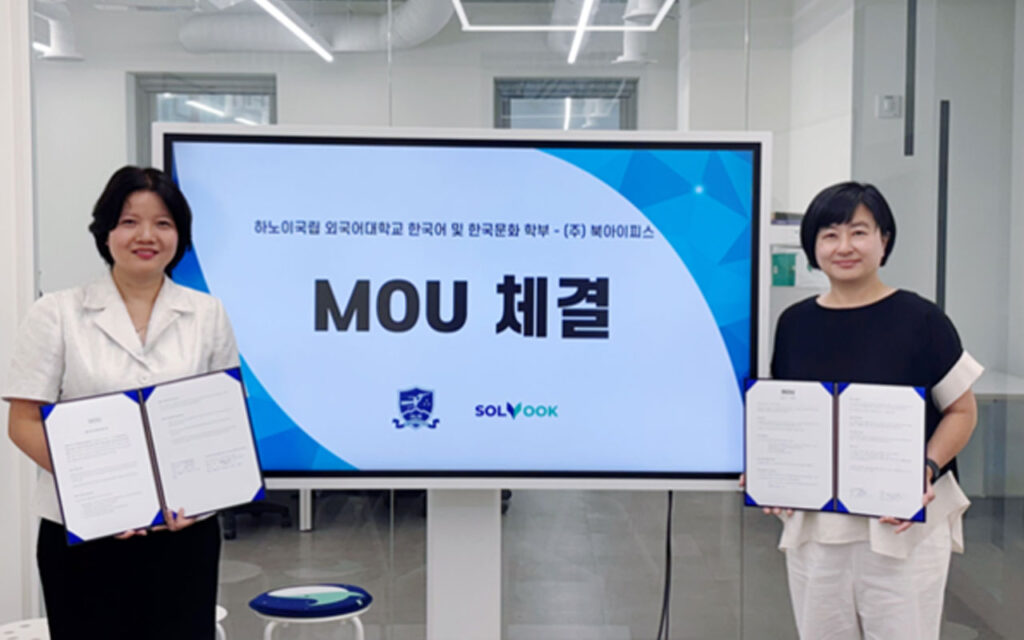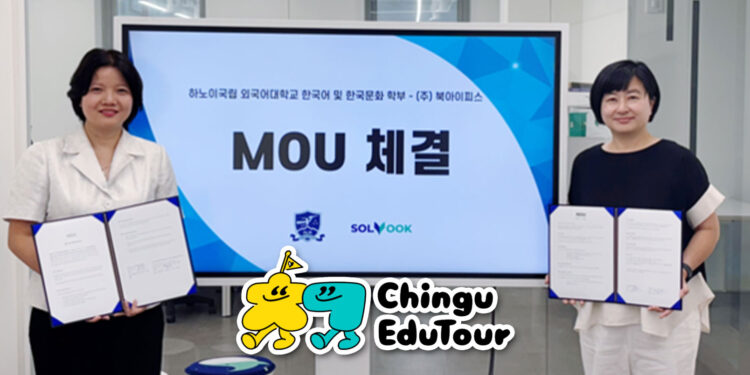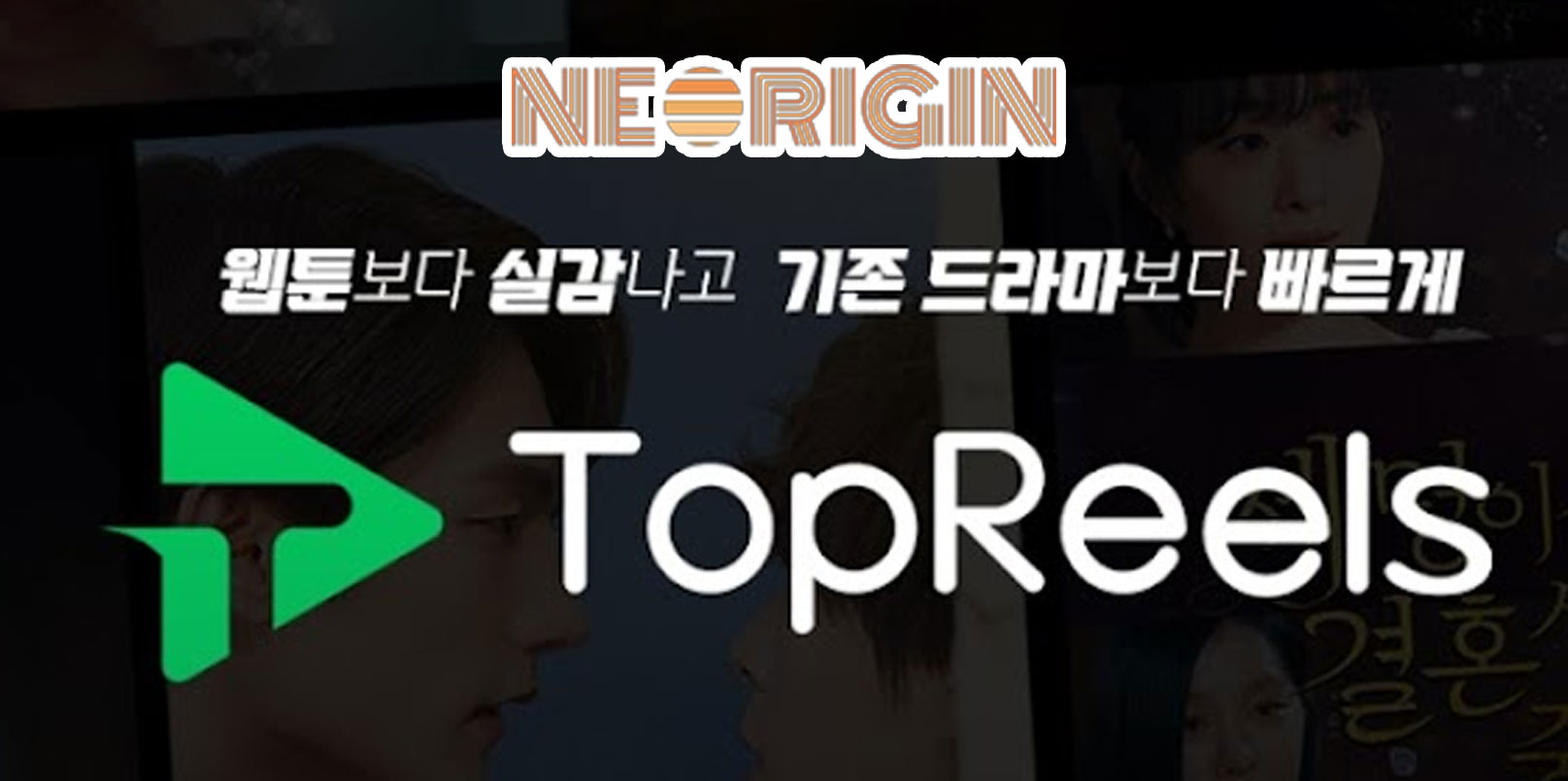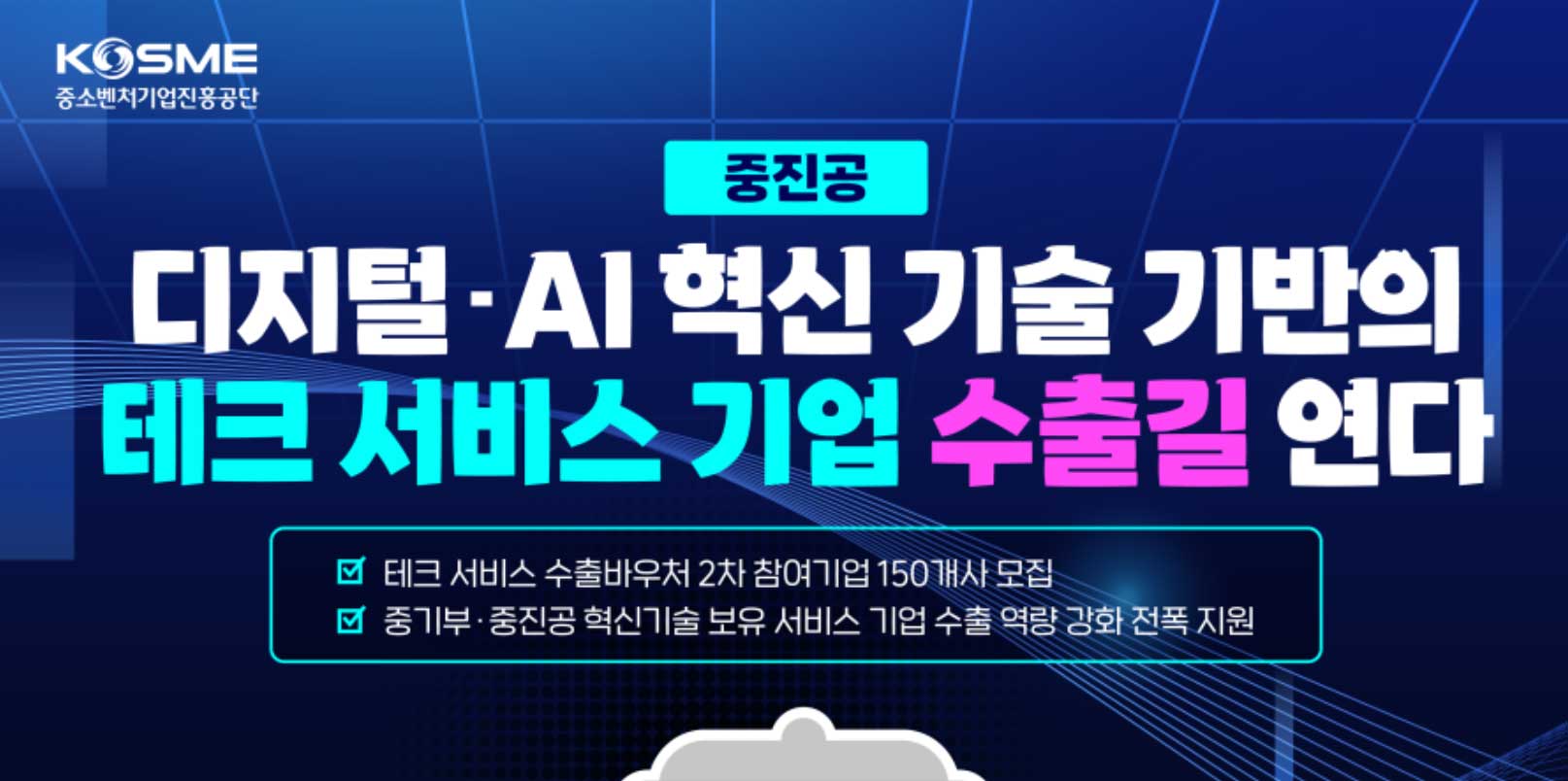As demand for Korean language education continues to climb across Southeast Asia, particularly in Vietnam, Korean EdTech startup BookIPs, the company behind the SOLVOOK platform, is rolling out a speaking-centered language immersion initiative titled Chingu EduTour.
The initiative represents BookIPs’ first formal step toward entering the Vietnamese education market, beginning with partnership-building and pilot program development with the University of Languages and International Studies (ULIS) in Hanoi.
Rather than replicating conventional textbook-based instruction, Chingu EduTour aims to embed Korean language practice in real-world social exchange.
The pilot program, expected to take place in Korea in mid-September, may include one-on-one pairings between Vietnamese learners and Korean university students, designed to promote real-time speaking engagement and cultural immersion.
Chingu EduTour: Responding to Learner Demand, Not Just Market Trends
The launch of Chingu EduTour is grounded in feedback gathered directly from Vietnamese learners and educators.
According to BookIPs Founder and Co-CEO, Yoon Mi Sun, students consistently reported a key gap in their Korean language journey.
While classroom instruction may help them prepare for standardized assessments like TOPIK (Test of Proficiency in Korean), it does not effectively build the speaking fluency required for real-world communication.
“We developed this program in response to local demand for speaking-based Korean learning to complement the existing TOPIK (Test of Proficiency in Korean).
By reflecting the learning needs of Vietnamese students, we aim to help them gain real-world Korean language experience by connecting with Korean peers and engaging in real-life conversations.”
Yoon Mi Sun, Founder and Co-CEO of BookIPs.
To address this, Chingu EduTour was designed as a short-term, immersion-based education model.
The program is designed to match Vietnamese university students one-on-one with Korean peers, enabling structured yet informal language practice embedded in everyday activities.
Instead of focusing on grammar memorization or passive listening, participants complete team-based projects, execute daily communication tasks, and explore Korean culture firsthand—blending task-based learning with cultural contextualization.
Peer-Driven Korean Language Learning Program in Vietnam
The program’s name—“Chingu,” meaning “friend” in Korean—reflects its intent: language acquisition through authentic social bonding.
In this model, cultural exchange is not a side benefit but a core pedagogical tool. The format is intentionally designed to reduce the psychological pressure often found in traditional classroom settings, making Korean language use accessible, interactive, and personally meaningful.
This aligns with broader shifts in Korean language education in Vietnam, where student interest increasingly intersects with goals tied to media consumption, study abroad, tourism employment, and Korea-related careers.
By embedding both language and culture in equal measure, Chingu EduTour positions itself as a model for experiential, peer-driven Korean language learning in cross-border EdTech.
A Strategic MOU with ULIS and Institutional Backing
Additionally, BookIPs signed a memorandum of understanding (MOU) in July 2025 with ULIS, one of Vietnam’s leading public universities for foreign language education.
The agreement outlines plans for a pilot program to launch in Korea in mid-September, supported by the Korea Tourism Organization (KTO) and the Ministry of Culture, Sports and Tourism under the 2025 Tourism Global Challenge Program.

Under this agreement, both institutions are discussing plans for pilot curriculum development, student engagement strategies, and exploring long-term opportunities for expanded cultural and academic collaboration.
With one of the largest Korean language student populations in Vietnam, ULIS provides BookIPs with both a credible partner and a testbed for localized curriculum delivery.
Building Korean Language Learning Program Foundations Through Ground-Level Research in Vietnam
This expansion of the Korean language learning initiative began with on-the-ground validation in Vietnam’s growing EdTech landscape.
In June 2025, BookIPs’ international licensing team conducted field research in Hanoi, engaging directly with Korean language departments, private language institutes, and local bookstore networks.
The goal was to assess the existing language education infrastructure and identify unmet needs among Vietnamese learners.
What emerged was a clear demand for licensed, high-quality Korean language content that could be both locally distributed and culturally contextualized.
In this context, Chingu EduTour operates not only as a cultural exchange program but also as a content localization strategy—demonstrating how a Korean EdTech startup like BookIPs can adapt its offerings to meet the specific needs of foreign language education markets.
Global Ambition, Grounded Execution
Despite its international framing, BookIPs remains careful not to overstate Chingu EduTour’s scale.
The company describes this phase as a pilot implementation—a small-scale, field-tested program to validate its content model, cultural relevance, and logistical feasibility in a real educational context.
That caution may prove wise. While Korea’s soft power has opened doors in Vietnam, sustained impact in education requires institutional cooperation, content alignment, and measurable learning outcomes.
With its first cohort preparing to launch, BookIPs will soon face the harder test: moving from cultural buzz to educational efficacy.
Stay informed on Korea’s fast-moving startup and tech scene—follow KoreaTechDesk on social media: LinkedIn, X (Twitter), Bluesky, and Facebook for insights, funding news, and industry updates.










